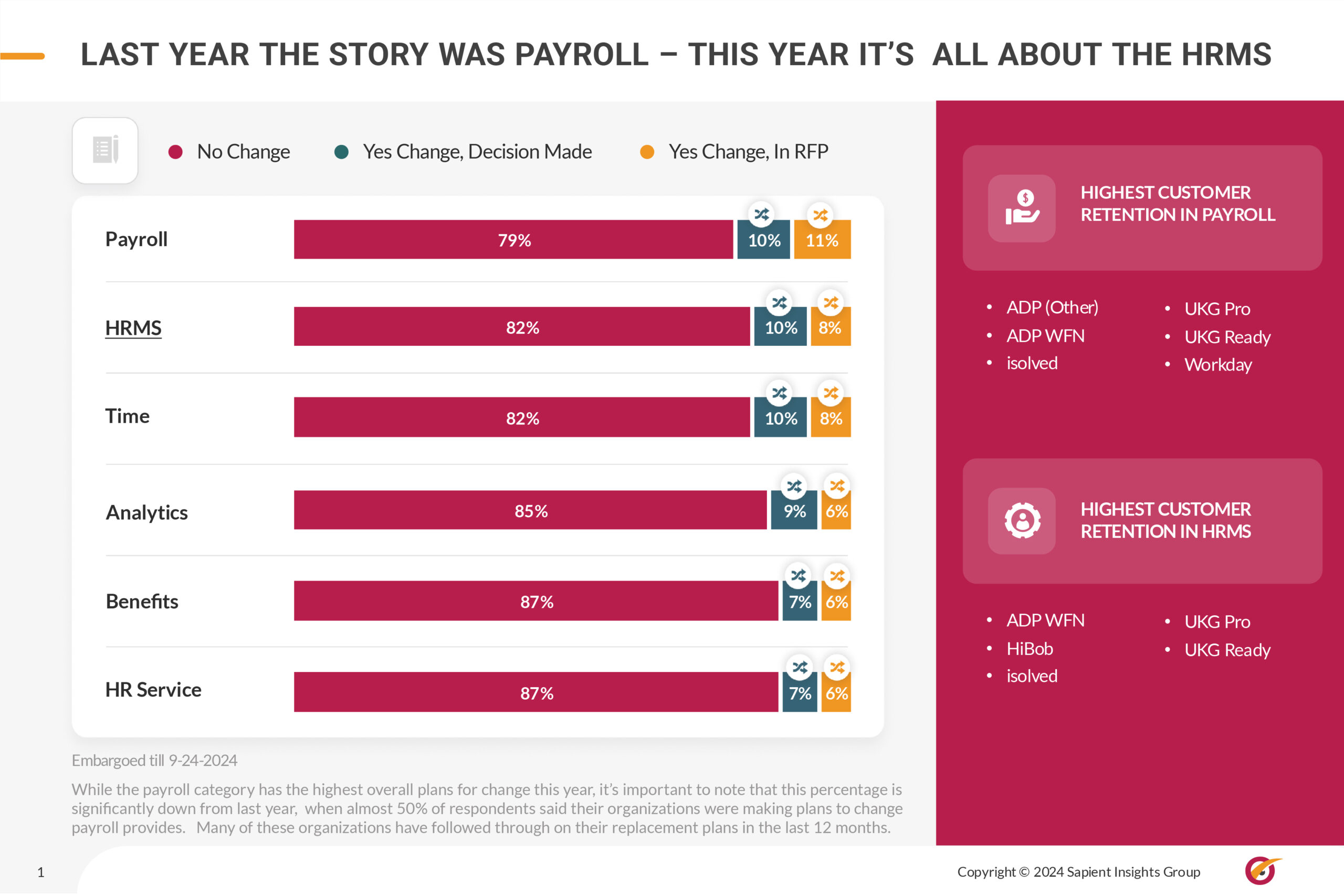HRM Five: Strategies for uncertainty
- HRM Asia Newsroom
- Topics: Asia-Pacific, Features, HRM Five, Learning and Development

If there is one thing that is certain about the current business environment, it is that absolutely nothing is certain at all. While growth has returned to Asia-Pacific markets since the global financial crisis of nine years ago, the sustainability of those improvements – whether it is economic development, new business, or growing employment – is precarious at best.
Volatility, uncertainty, complexity, and ambiguity (VUCA) are the new status quo. And for workforce managers, that means a whole lot of new complexity that is specific to their role. In order to forge ahead, businesses need their staff on board, engaged, and confident in the future.
This week’s HRM Five looks at some important strategies that HR can use to keep their organisations driving forward in the new VUCA reality.
- Stay positive
Volatility doesn’t mean business is going in a negative direction, but that is often the assumption for rank and file staff when they first encounter it. It is important for HR to emphasise the upside and potential to the changes that are being implemented. It is true that things the business environment is not as certain as it was in previous generations, but a major part of that uncertainty is the presence of new and exciting opportunities in every market.
This environment can lead to new skills, new development, and expanded career projections for many staff, and it is vital for HR to ensure these are explained, along with the risks.
- Prepare for every possibility
The idea that there are only two directions a market, strategy, or initiative can go – success or failure – is now defunct. There are thousands of different possibilities between those two extremes, and organisations need to be continually adapting to the new realities they find themselves in.
For HR, preparation and backup plans are key. They reduce the stress on the workforce, build resilience, and allow staff to take advantage of new opportunities fast.
- Invest in versatile skills
Train, cross-train, and upskill: that should be the mantra for workforce managers in today’s VUCA environment. Jobs are changing more quickly than ever before, and the best ways for employees to stay relevant, and engaged with the business, is to have a clear understanding of several different aspects and functions. Together with HR, every employee should be looking to build up their “change-proof” skills, including communication skills, and a clear understanding of their business and market.
- Communicate extensively
Times of uncertainty tend to increase the level of anxiety within the workforce, and it’s only natural that staff will have some big questions, not all of which HR will able to answer. But much of the angst can be alleviated by taking an “over-communication” strategy: update staff regularly with as much information as is available – even if that is to simply say there will be more information in another week.
Most importantly, HR should always keep its promises. If an update is scheduled for a specific day, the team needs to follow through. There is nothing worse than overpromising and under-delivering information.
- Lead by example
The HR team has the unique power to inspire resilience across the wider workforce. It should be highly visible across the organisation, and should be exuding the positivity, confidence, and versatility that will be required of the entire business.
In this way, HR becomes the first responders in times of uncertainty. Its leadership on each of the points discussed above can be the difference between a disengaged workforce unable to cope with the changes around it and an innovative, flexible staff that can drive the organisation forward in the face of difficult times.






